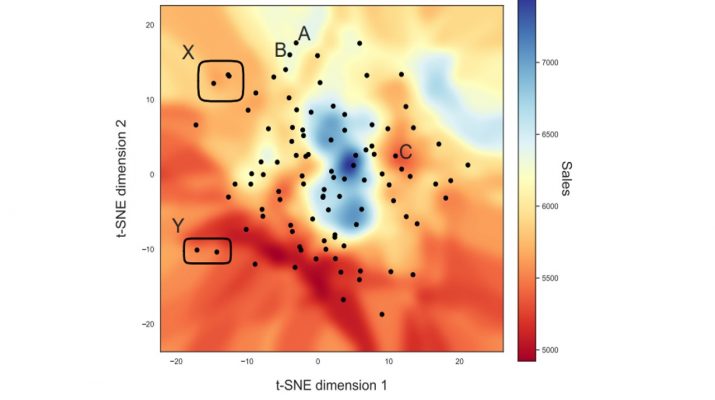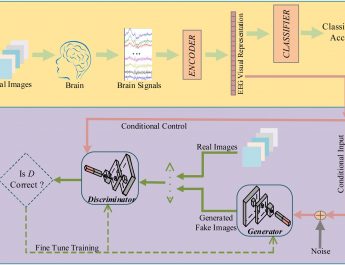Deep learning in business analytics and operations research: Models, applications and managerial implications
What was once described by Davenport & Harris (2007) as “firms compet[ing] on analytics” is now truer than ever. This development is currently propelled by the surge in “big data”, allowing for efficient access and analysis of large datasets. Innovations in business analytics have become not only desirable but a key necessity for the successful performance of firms. This holds true for all areas of business operations. Examples include, for instance, supply chain management, risk modeling, commerce, preventive maintenance, and manufacturing. The core component for successfully competing with business analytics is the underlying predictive model. This represents the unit responsible for making the actual forecasts and its accuracy contributes directly to the overall value creation.
Abstract:
Business analytics refers to methods and practices that create value through data for individuals, firms, and organizations. This field is currently experiencing a radical shift due to the advent of deep learning: deep neural networks promise improvements in prediction performance as compared to models from traditional machine learning. However, our research into the existing body of literature reveals a scarcity of research works utilizing deep learning in our discipline. Accordingly, the objectives of this overview article are as follows:
(1) we review research on deep learning for business analytics from an operational point of view.
(2) We motivate why researchers and practitioners from business analytics should utilize deep neural networks and review potential use cases, necessary requirements, and benefits.
(3) We investigate the added value to operations research in different case studies with real data from entrepreneurial undertakings. All such cases demonstrate improvements in operational performance over traditional machine learning and thus direct value gains.
(4) We provide guidelines and implications for researchers, managers, and practitioners in operations research who want to advance their capabilities for business analytics with regard to deep learning.
(5) Our computational experiments find that default, out-of-the-box architectures are often suboptimal and thus highlight the value of customized architectures by proposing a novel deep-embedded network.
Mathias Kraus
Stefan Feuerriegel
Asil Oztekin





